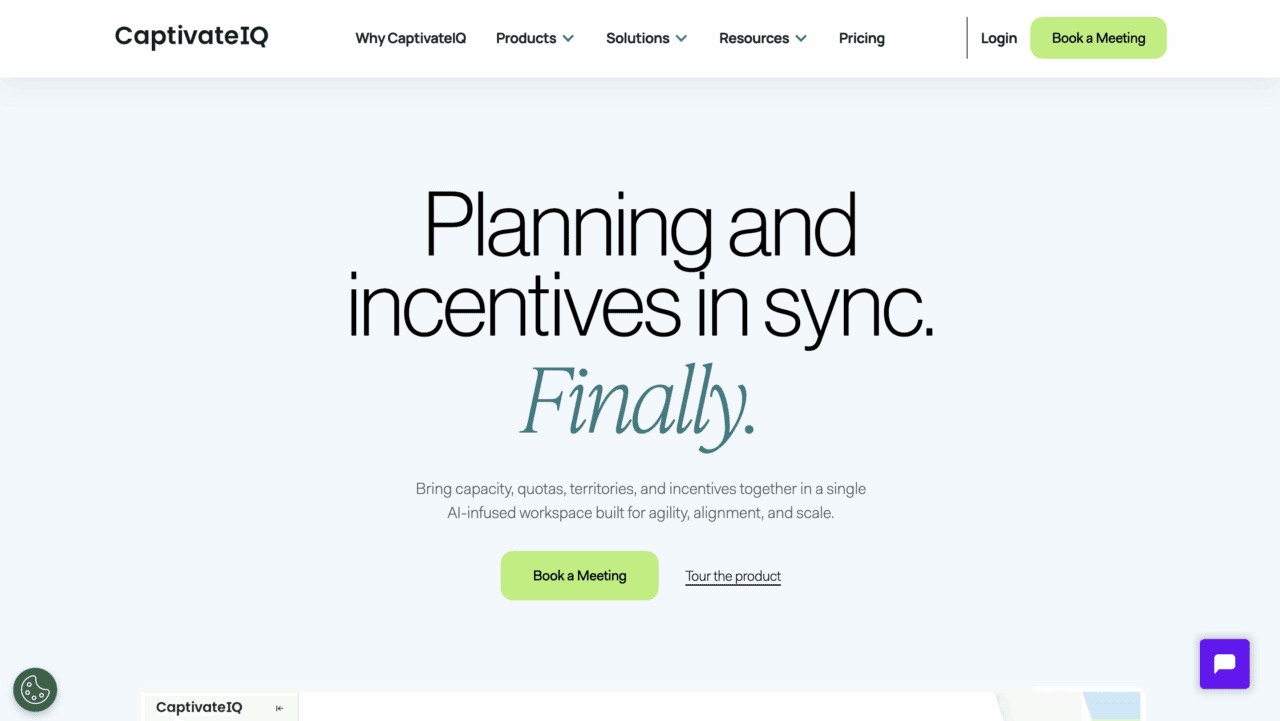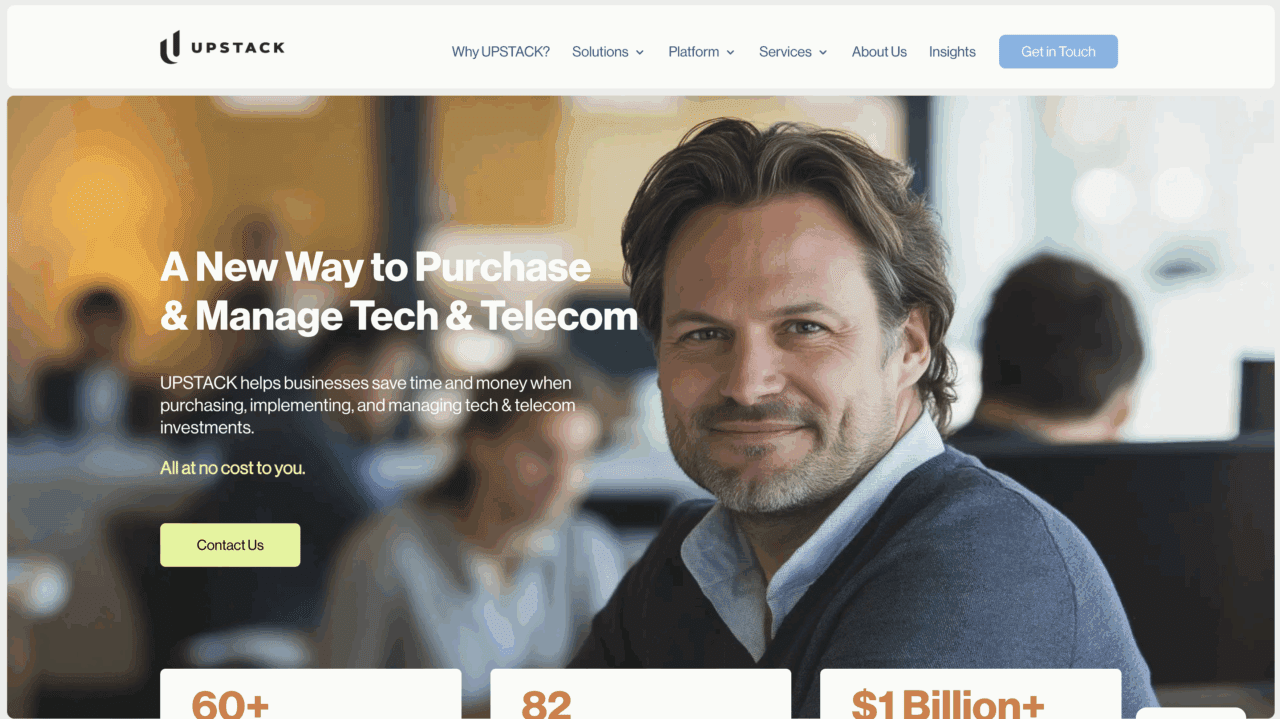
- Casca has raised a $29 million Series A round led by Canapi Ventures, with participation from major bank customers including Live Oak, Huntington, and Bankwell.
- Today’s investment comes just 15 months after its pre-seed round and brings Casca’s total funding to $33 million.
- Casca’s AI-powered loan origination platform helps smaller financial institutions compete with fintechs and large banks by accelerating loan processing, reducing costs, and keeping capital within local communities.
AI loan origination company Casca (formerly known as Cascading AI) announced a $29 million fundraising round today. The California-based company said that the round, which was led by Canapi Ventures, will help it to redefine business lending.
The company’s flagship customers, including Live Oak Bank, Huntington National Bank, and Bankwell Bank all invested in today’s round. Bankwell, Y Combinator, and Peterson Ventures multiplied their investments from the pre-seed raise. Alliance Funding Group participated as well.
“Casca simplifies and accelerates our lending processes while equipping us with the insights needed to build lasting relationships,” said Live Oak Bancshares CEO and chairman Chip Mahan. “The tangible value Casca has demonstrated gives us confidence to invest in their future.”
Today’s round comes just 15 months after Casca’s pre-seed raise and brings its total funding to $33 million. Casca said it will use the investment to scale its operations, expand its team, and accelerate go-to-market efforts and make its platform more accessible to financial institutions.
“Casca stands out in many ways,” said Canapi Ventures Co-Founder and General Partner Neil Underwood. “They’ve worked alongside top AI researchers and within banks themselves to simplify business lending using responsible AI and bank-grade underwriting. With Casca, local financial institutions become the lender of choice—offering more affordable rates and keeping capital within the community. It’s a big step for banking, and we’re proud to be part of it.”
Casca leverages AI to speed up the loan application and origination process. The company was founded in 2023 and its loan origination platform is used by leading SBA lenders and FDIC-Insured banks. At Casca’s first FinovateSpring demo in 2024, it won Best of Show honors. The company most recently demoed its technology at FinovateSpring 2025 where it showed automated document collection that can save loan officers 20 hours a week, AI that reads 10,000 pages in 5 minutes, instant pre-qualification that accepts applications after business hours, digital account opening, and a voice assistant that can intelligently discuss loan files in real-time.
“We’re driven to be a force for good, using technology to make capital more accessible to small businesses and fueling the American Dream,” said Casca CEO and CoFounder Lukas Haffer. “Partnering with the top SBA lenders and key industry players, we’ve built a platform that fully automates commercial loans in record time, setting a new industry standard. This is a game changer, and now we are ready to scale responsibly, reaching more institutions with the white-glove service our clients.”
Today’s raise is a nod to how AI is becoming standard and is now central to how banks win small business relationships. By shaving weeks off loan processing, Casca gives local banks a competitive edge in retaining small business borrowers who might otherwise turn to fintechs or big banks who can offer speed.















